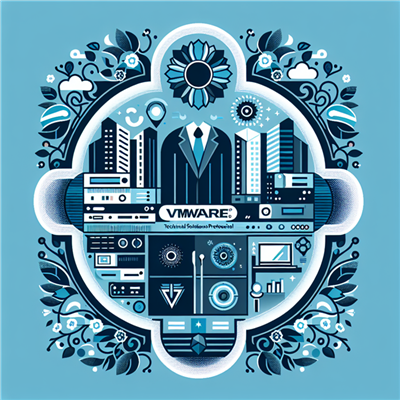
Mastering Advanced Kubernetes: A Guide to Elevated Cluster Management
With the rapid adoption of containerization in software development, Advanced Kubernetes has emerged as the de facto standard for orchestrating and managing containerized applications. As businesses scale, the complexity of managing Kubernetes clusters increases, necessitating a deeper understanding of Kubernetes advanced concepts. In this comprehensive guide, we’ll dive into the layers that make Kubernetes advanced usage a cornerstone for enterprise-level container orchestration.
Understanding Kubernetes Advanced Concepts
Before mastering advanced Kubernetes, it's crucial to grasp the foundational elements that underpin its advanced features. Kubernetes, at its core, automates the deployment, scaling, and operations of application containers across clusters of hosts. However, as organizations grow, the need for advanced features becomes apparent.
- Advanced Networking in Kubernetes: Delve into the complexities of network policies, ingress control, and service meshes.
- High Availability & Disaster Recovery: Learn how to design robust systems that can withstand failures and data loss.
- Security Best Practices: Explore the mechanisms for securing your cluster, including role-based access control (RBAC) and secrets management.
- Performance Tuning: Understand how to optimize your cluster for maximum efficiency and resource utilization.
- Custom Resource Definitions (CRDs): Extend Kubernetes capabilities by defining and using your own resources.
Empowering DevOps with Advanced Kubernetes Techniques
Advanced Kubernetes is not just about managing containers; it's about empowering DevOps teams to deploy and manage applications dynamically and efficiently. By utilizing advanced concepts like automated rollouts and rollbacks, self-healing mechanisms, and horizontal scaling, DevOps teams can ensure that their applications are always available and performing optimally.
Essential Stats: Why Invest in Advanced Kubernetes Training?
Statistics show that Kubernetes is leading the pack in container orchestration:
- According to the Cloud Native Computing Foundation, Kubernetes usage in production has increased to 83% in recent years.
- A survey by StackRox indicates that 69% of organizations are using Kubernetes to manage their containerized workloads.
- The global application container market size is expected to reach $8.2 billion by 2025, according to a report by Grand View Research, Inc.
Creating a Path to Kubernetes Advanced Mastery
For IT professionals looking to specialize in Kubernetes, understanding its advanced features is a must. Here’s how you can start your journey:
- Begin with basic Kubernetes training to establish a solid foundation.
- Explore real-world scenarios and case studies to understand complex deployments.
- Gain hands-on experience by setting up your own clusters and experimenting with advanced features.
- Consider obtaining an Advanced Kubernetes Certification to validate your skills and knowledge.
Why Choose Koenig Solutions for Your Advanced Kubernetes Training?
As a leading IT training company, Koenig Solutions provides comprehensive certifications in top technology courses, including Advanced Kubernetes. With expert instructors, hands-on labs, and flexible scheduling, Koenig Solutions equips you with the skills to take your Kubernetes expertise to the next level.
Conclusion
Investing in advanced Kubernetes training is crucial for IT professionals who wish to excel in the era of container orchestration. By mastering Kubernetes advanced concepts, you’ll be well-positioned to lead your organization through the complexities of modern application deployment and management. Start your journey with Koenig Solutions today and unlock the full potential of Kubernetes in your career.







COMMENT